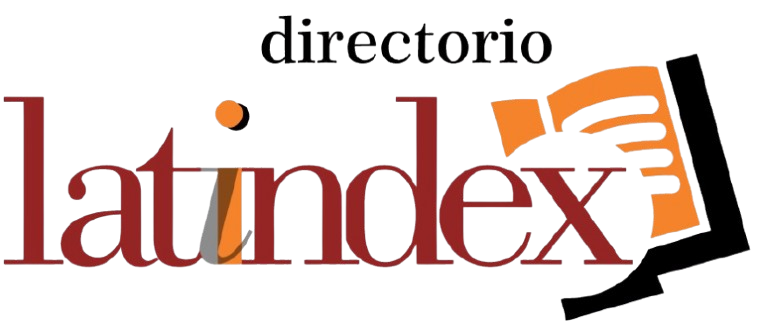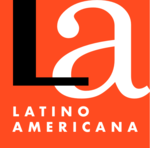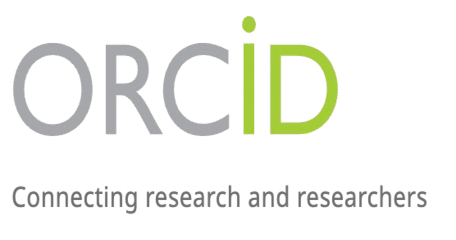Skill-based performance indicators: A proposal from the Tuning model
Keywords:
Generic competences, Performance indicators, Evaluation, Professional development, Higher educationAbstract
Indicator systems have been developed in response to a growing recognition of the importance of assessing and/or measuring performance, especially in the field of higher education. This article offers a set of competency performance indicators, designed from the Latin America Tuning Latin model, that could be used for this purpose. Therefore, the critical need to observe the development of these capacities to enhance both academic training and employability in today's job market is emphasized. Specifically, the aim is to translate generic competencies into tangible and observable actions. In this sense, it contributes to a more comprehensive and accurate assessment of the development of instrumental, interpersonal, and systemic sub-competencies. It is concluded that the use of these indicators can improve the quality of education and increase opportunities for success in the workplace.
Downloads
References
Australian National Training Authority (2003). Defining generic skills at a glance. https://www.ncver.edu.au/__data/assets/file/0020/4457/nr2102b.pdf
Bowen, G.A. (2009). Document Analysis as a Qualitative Research Method. Qualitative Research Journal, 9(2), 27 – 40. https://biotap.utk.edu/wp-content/uploads/2019/02/document-analysis.pdf
European Training Foundation (2019). Key indicators on education, skills and employment 2019. https://www.etf.europa.eu/sites/default/files/2019-12/kiese_2019.pdf
González, J. & Wagenaar, R. (2003). Tuning Educational Structures in Europe. Informe Final - Proyecto Piloto, Fase 1. Bilbao: Universidad de Deusto. https://tuningacademy.org/wp-content/uploads/2014/02/TuningEUI_Final-Report_SP.pdf
Loukkola, T., Peterbauer, H. & Gover, A. (2020). Exploring higher education indicators. European University Association (EUA). https://eua.eu/downloads/publications/indicators%20report.pdf
Martin, M. & Sauvageot, C. (2011). Constructing an indicator system or scorecard for higher education A practical guide. UNESCO. https://uis.unesco.org/sites/default/files/documents/constructing-an-indicator-system-or-scorecard-for-higher-education-a-practical-guide-2011-en.pdf
Vera, F. (2016). Infusión de habilidades blandas en el currículo de la educación superior: Clave para el desarrollo de capital humano avanzado. Revista Akademeia, 15(1), 53-74. https://doi.org/10.61144/0718-9397.2016.137
Vera, F. (2021). Competencias blandas para la fuerza laboral del siglo XXI. Transformar, 2(2), 20–29. https://revistatransformar.cl/index.php/transformar/article/view/2
Vera, F. (2021). Desarrollo de competencias genéricas en estudiantes de enfermería. Transformar, 2(4), 47–54. https://revistatransformar.cl/index.php/transformar/article/view/43
Vera, F., & Tejada, E. (2020). Developing soft skills in undergraduate students: A case at a Chilean private university. Transformar, 1(1), 57–67. https://revistatransformar.cl/index.php/transformar/article/view/12
Vera, F., Tejada, E., & Morales, M. (2022). Desarrollo de competencias genéricas en estudiantes de Licenciatura en Lengua y Literatura Hispanoamericana. Transformar, 3(1), 14–25. https://revistatransformar.cl/index.php/transformar/article/view/49












